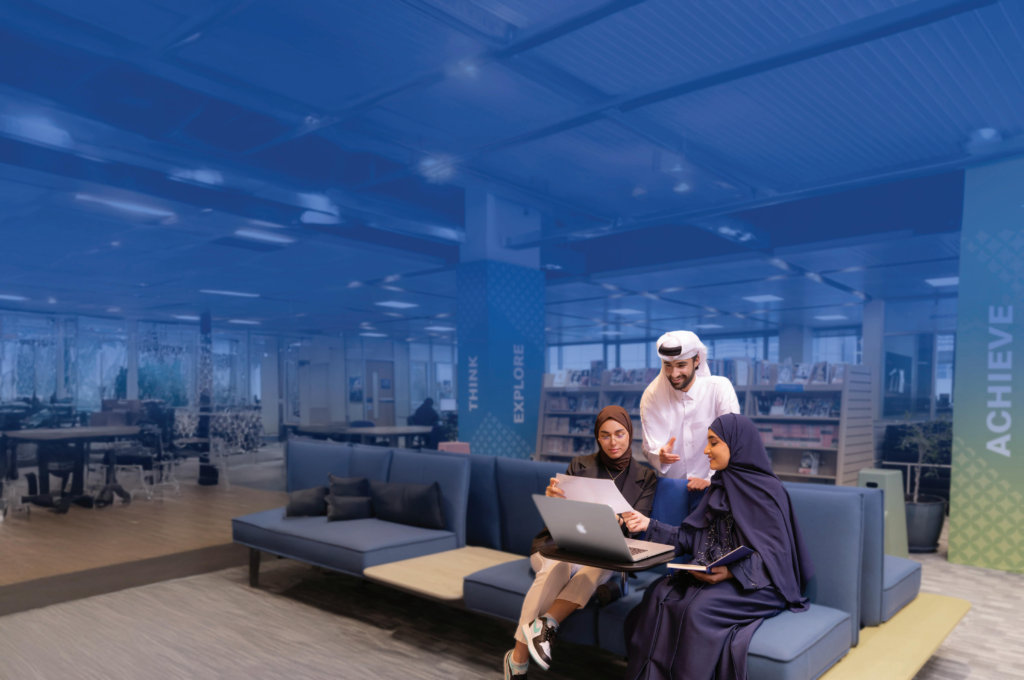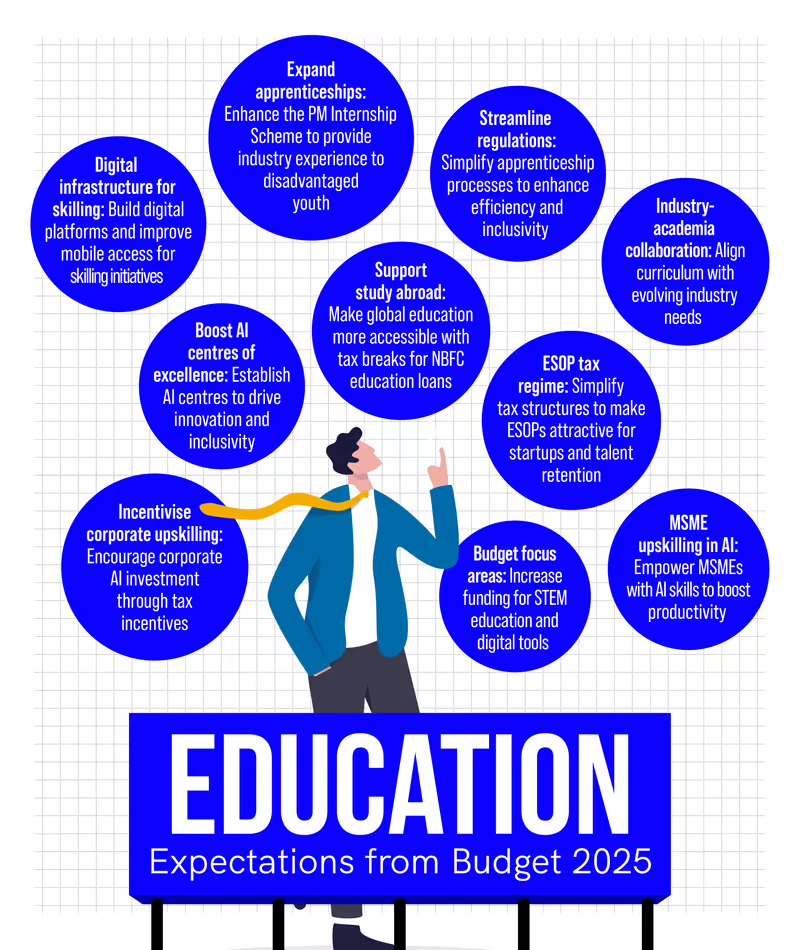In a strong move towards a fully modernized learning environment, Qatar has announced an ambitious goal to achieve 100% digital education access in public schools by 2027. This initiative is a part of the country’s broader national strategy to strengthen digital transformation and empower the next generation with advanced tech skills.
The Ministry of Education and Higher Education (MOEHE) is leading this strategic vision. It reflects Qatar’s commitment to digital innovation, inclusion, and equitable education opportunities across the country. As the world moves rapidly into a technology-first era, Qatar digital education access is now at the center of national development priorities.
Positive Transformation with Bold Numbers

According to official plans, more than 500 public schools in Qatar are set to be equipped with digital learning tools, smart classrooms, and high-speed internet by the end of 2027. This includes:
- Full deployment of interactive learning platforms
- Integration of Artificial Intelligence (AI) in teaching methods
- Training programs for over 20,000 public school teachers
- Digital textbooks and e-learning modules
- Cloud-based student data and learning progress tracking
These efforts are intended not just to provide digital tools but to create a truly immersive and flexible educational environment.
Why Digital Education Access Matters
Digital education is no longer a luxury. In today’s fast-changing world, it is essential for students to build future-ready skills such as coding, problem-solving, critical thinking, and digital literacy. The Qatar digital education access initiative is focused on preparing students for a global knowledge economy.
Digital tools offer flexible learning environments where students can:
- Learn at their own pace
- Access diverse and global content
- Get real-time feedback
- Interact with multimedia content
- Receive personalized learning experiences
By enabling access to such tools in public schools, Qatar aims to eliminate the digital divide between private and public education sectors.
Government Strategy and Policy Support
Qatar’s national development framework, Qatar National Vision 2030, supports the idea that human development through education is key to sustainable progress. The 2027 goal falls under this framework, with support from:
- The Ministry of Communications and Information Technology
- The Supreme Committee for Delivery and Legacy
- International tech education partners
Joint efforts are already underway to build digital infrastructure, expand broadband access, and introduce AI-based learning solutions.
Pilot Programs Already in Action
Several schools in Doha and nearby regions have already adopted digital classrooms under pilot programs. These early-stage implementations have shown promising results:
- Increased student engagement
- Faster learning retention
- Easier tracking of student performance
- Reduced reliance on paper-based materials
Digital boards, student tablets, and online assignments are being widely accepted by both students and teachers. These early indicators suggest that Qatar digital education access is a practical and impactful solution for the future.
Training for Teachers and School Staff
Digital transformation is not limited to students. The Ministry is also offering specialized training sessions and certifications to help teachers upgrade their tech knowledge. By 2026, over 90% of public school teachers are expected to be digitally certified.
Professional development includes:
- Virtual teaching tools
- Interactive e-learning content creation
- Cyber safety awareness
- Data handling and performance analytics
- AI-based student support tools
The idea is to create a holistic digital ecosystem where teachers become facilitators of innovation, not just information providers.
Investment in Infrastructure and Devices
One of the biggest enablers of this vision is investment in digital infrastructure. The government is set to spend millions on:
- Upgrading school Wi-Fi systems
- Purchasing over 100,000 smart devices
- Creating centralized online learning platforms
- Building secure cloud storage for school data
Private telecom companies in Qatar are also partnering to deliver high-speed internet to schools in remote or underserved areas.
Bridging the Digital Gap

While the goal is ambitious, the government acknowledges the challenge of ensuring that no student is left behind. To address this, Qatar digital education access plans also include:
- Free tablet or laptop distribution to low-income students
- Offline learning apps for areas with weak connectivity
- Arabic-language digital content for regional inclusivity
- Digital learning support centers for parents and families
This focus on inclusive education makes the initiative more equitable and sustainable in the long run.
Timeline and Roadmap to 2027
The roadmap for full digital education access is divided into four phases:
- 2023–2024: Pilot programs in selected schools
- 2024–2025: Teacher training and infrastructure expansion
- 2025–2026: National rollout of digital platforms and devices
- 2026–2027: 100% integration and performance evaluation
By the end of 2027, every public school in Qatar is expected to be fully digital, ensuring all students benefit equally.
Global Recognition and Impact
Qatar’s educational reforms are attracting global attention. Experts from UNESCO and the World Economic Forum have praised the country’s digital-first approach. If successful, Qatar digital education access could serve as a global model for other nations in the Gulf and beyond.
In the words of a Ministry spokesperson:
“Digital education is no longer the future; it is the present. Qatar is determined to offer the best to its youth, regardless of their background or location.”
Final Thoughts
Qatar is clearly on the path to becoming a global leader in education technology. With bold numbers, strategic planning, and nationwide inclusion, the Qatar digital education access goal for 2027 is more than just a vision—it’s a promise.
The transformation of over 500 public schools into smart institutions will not only impact students’ futures but also contribute to the nation’s socio-economic growth. By investing in education today, Qatar is investing in a smarter tomorrow.
Also Read – Education Crisis: 7 Alarming Facts About Qatar’s Dropouts



